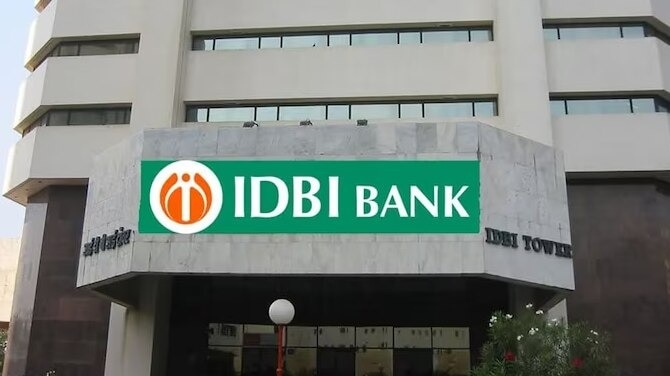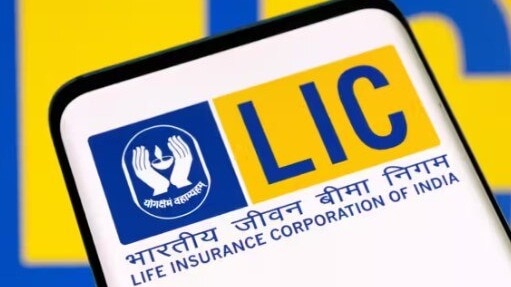As the stake sale of IDBI Bank enters its last leg, there is growing expectation that the government could consider easing bank ownership rules, especially for foreign players, given a fair amount of interest from foreign institutions in the transaction.
According to sources, there have been some discussions on this issue in the government and the Reserve Bank of India, but it is still at an initial phase with no concrete proposal.
At present, foreign direct investment in private banks is permitted up to 49% through the automatic route and beyond that upto74% with government approval. FDI in public sector banks is permitted up to only 20% with government approval. However, foreign investment norms cap voting rights for investors in banks at 26% and investments by financial institutions is capped at 15%.
The Centre and Life Insurance Corporation of India currently hold 94.71% stake in IDBI Bank. As part of its disinvestment, the Centre along with LIC will sell 61% stake in the lender. This includes 30.48% stake of the Government of India and 30.24% of LIC. In 2019, IDBI Bank was reclassified as a private sector lender after its shares were acquired by LIC.
Shortlisted entities for IDBI Bank include Fairfax India Holdings, Emirates NBD, and Kotak Mahindra Bank.
“The government is interested in credible bidders that will ensure that the bank grows and gains scale,” noted a person familiar with the development, adding that over the last three years, there have been several discussions on how to make the bank an attractive bet for investors.
The government is hoping to finish the stake sale by October or November this year and is expected to bring about Rs 50,000 crore. Earlier this month on July 9, the Inter-Ministerial Group (IMG) on disinvestment met to discuss the draft Share Purchase Agreement for the IDBI Bank transaction.
Following the sale of a 20% stake in YES BANK to Sumitomo Mitsui Financial Group, Fitch Ratings had on May 27 said the transaction could pave the way for other foreign entrants in the Indian banking sector. “The YES BANK transaction will be the first significant acquisition by a foreign bank and would give SMFG significant control over YES BANK as the largest shareholder with two board appointees. It could pave the way for future transactions, if the Reserve Bank of India’s (RBI) approval for the transaction sets a precedent,” it had said.
“We anticipate that there could be opportunities for investments in India’s mid-sized banks by foreign banks looking to expand their presence in India, although we believe the RBI’s preference is for foreign banks with strong performance and governance to acquire stakes larger than 26% through wholly owned Indian subsidiaries regulated in India,” it had further said.








